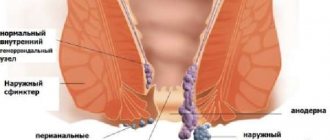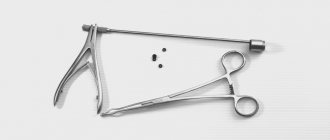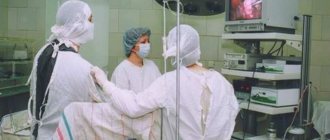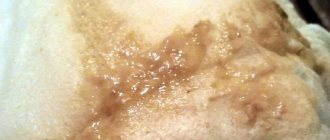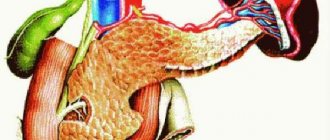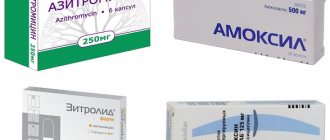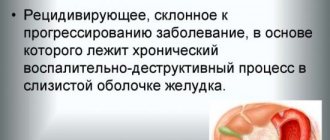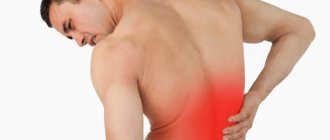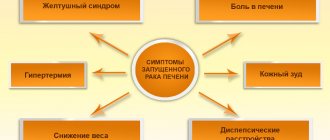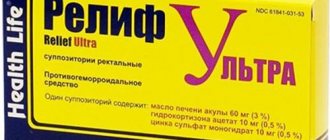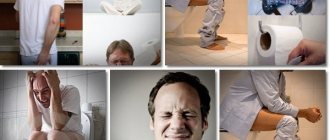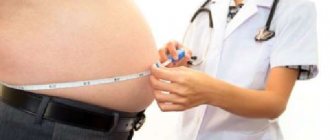Haemorrhoids - a pathological process in which the veins in the rectum dilate. If medical care is not provided in a timely manner, the hemorrhoidal node may become inflamed.
This leads to dilation of hemorrhoidal veins and bleeding during bowel movements. This also leads to discomfort. Therefore, you need to know what to do if hemorrhoids become inflamed.
With the correct selection of medications, the disease can be eliminated at home.
What to do if hemorrhoids become inflamed?
In order to relieve exacerbation of hemorrhoids, pharmaceutical medications are used, the action of which is aimed at eliminating symptoms.
Suppositories and ointments are used for local anesthesia. Also, treatment of the disease is carried out using tablets. Before you relieve inflammation of hemorrhoids at home, consult a proctologist.
Recommended use:
Bezornil
It is produced in the form of an ointment, which contains only natural ingredients. Can be used by pregnant and nursing mothers. Eliminates inflammation, relieves swelling, restores damaged tissues and diseased cells.
Levomekol
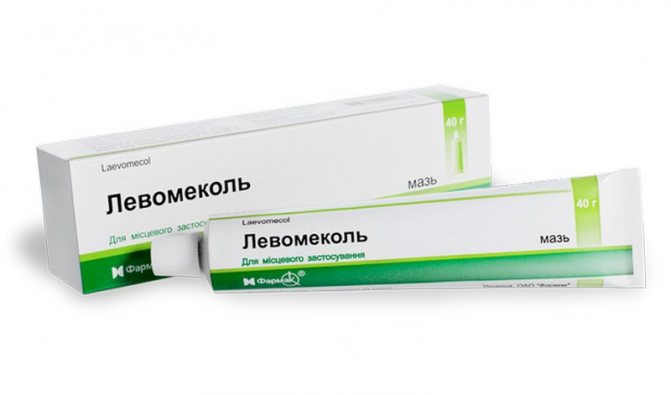
Antimicrobial drug, eliminates swelling, soothes hemorrhoids.
Sea buckthorn candles
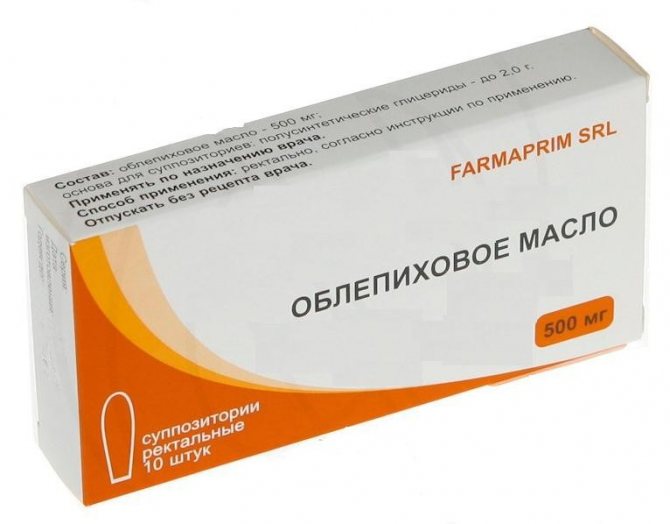
The suppositories are based on natural ingredients and help quickly heal tissue.
Fleming's ointment
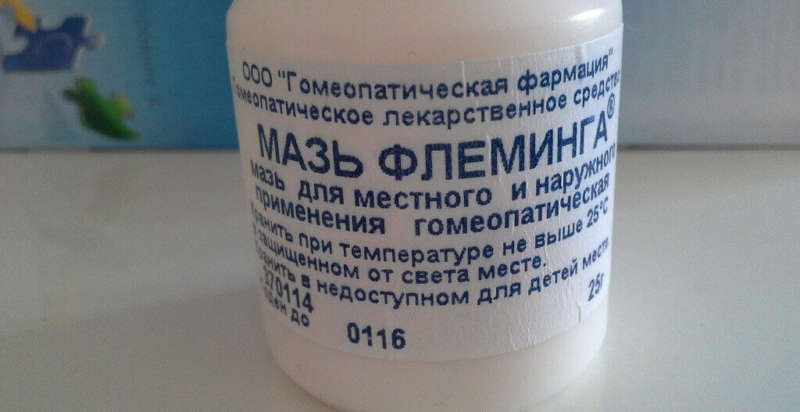
Homeopathic remedy, eliminates pain and reduces inflamed hemorrhoids.
Suppositories with propolis
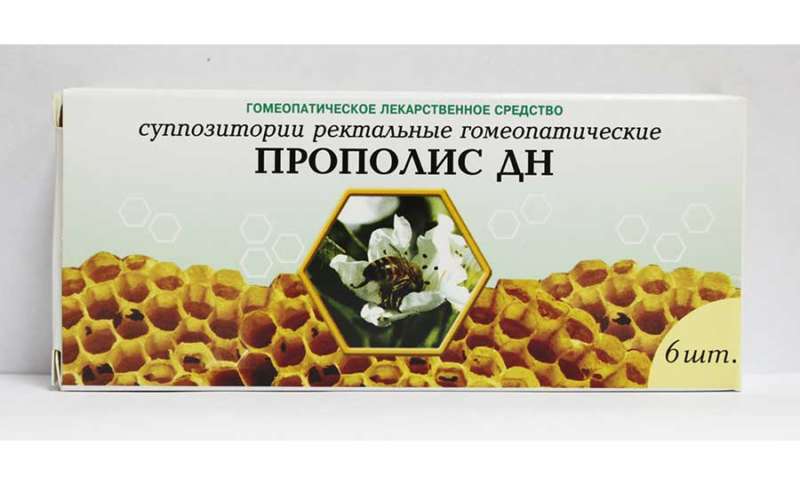
Anti-inflammatory, antiseptic drug, restores damaged tissue of the mucous membranes of the rectum.
If hemorrhoids are severely inflamed, and conservative treatment does not help, then physiotherapeutic procedures are used in the form of:
Sclerotherapy.
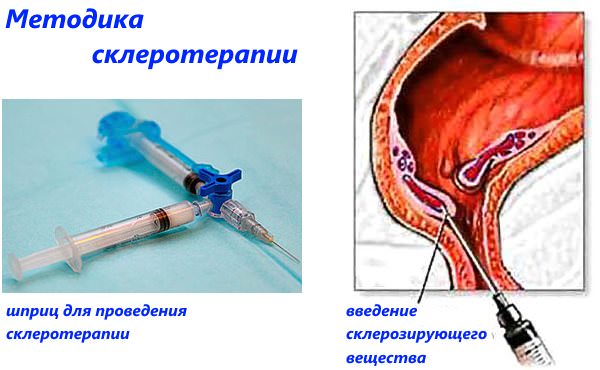
Ligation.
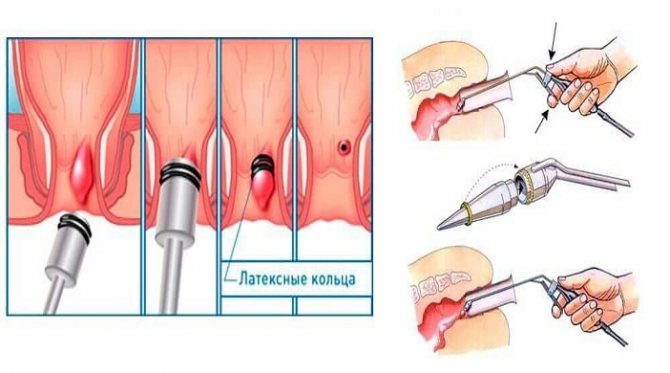
A latex ring is placed on the hemorrhoid. After time, the node dries out and falls off.
Infrared photocoagulation.
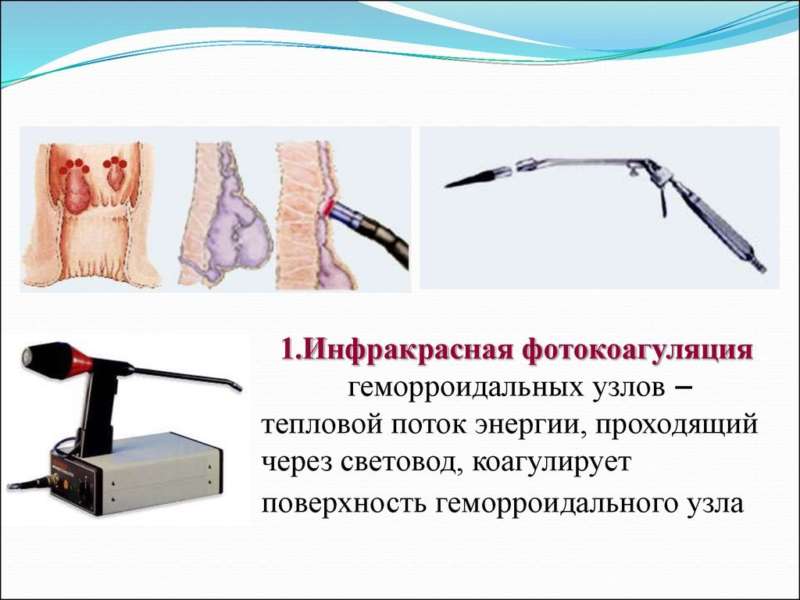
In which infrared radiation is used to reduce blood flow.
Cryotherapy.
Which involves freezing the cones, causing them to die.
Disarterization
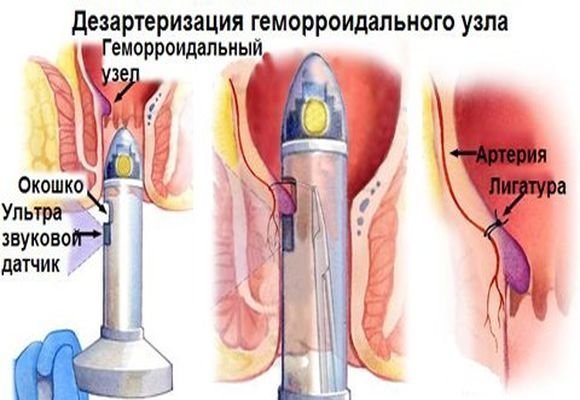
In which the arteries that supply the cones with blood are ligated.
The choice of treatment method directly depends on individual characteristics and the severity of inflammation.
Anti-inflammatory suppositories
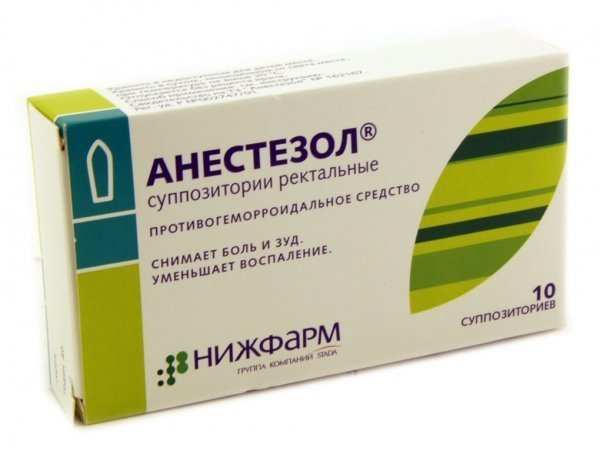
One of the most effective and fastest ways to relieve hemorrhoid pain at home is the use of rectal suppositories. They act directly in the place where inflammation occurs: they fight microbes, promote rapid tissue restoration and healing. Gradually dissolving in the rectum, the suppositories distribute the active substance, which immediately begins to act. Usually with their help it is possible to quickly relieve pain from hemorrhoids. The most effective suppositories for hemorrhoid pain, which are also anti-inflammatory, are:
- Anuzol is a fairly inexpensive medicine. Relieves pain, inflammation, dries wounds and cracks.
- Proctosan is effective both in the form of an ointment and in the form of suppositories. It has a wide range of effects and is used in the first and second stages of the disease.
- Anestezol is a very effective suppository for hemorrhoids for pain, as well as inflammation. The analgesic effect begins quite quickly and does not cause harm to the body.
- Relief is also a very popular suppository and ointment, which, thanks to its natural composition, is a good way to relieve pain from hemorrhoids during pregnancy.
Suppositories should be taken after bowel movements. If it does not occur naturally, an enema must be used. It is also better to shower and leave the skin around the anus slightly damp. Then the patient takes a comfortable position and inserts a candle into the anus with one of his fingers until the finger no longer feels resistance.
After administration, you need to lie down for at least half an hour so that the candle does not fall out and dissolve in the right place.
It is better to store the package of suppositories for hemorrhoids in the refrigerator and do not hold them in your hands for long before administering them so that they do not melt. As already noted, hemorrhoids can fall out. In addition, cracks and inflammation may form around the passage. Then an ointment that can be used simultaneously with suppositories will help effectively and quickly relieve pain from hemorrhoids.
ethnoscience
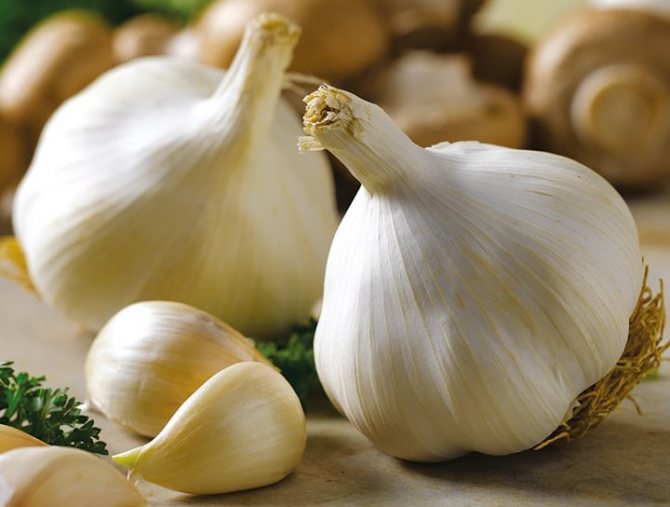
That is why it is recommended to include it in suppositories. The most effective recipes are:
- Suppositories made from butter. Advanced hemorrhoids of various forms are cured. To prepare, mix butter and honey. A candle is made from these products and frozen. The candle is inserted into the anus after hygiene procedures. The product can relieve pain and inflammation.
- Lotions made from vegetable oil. Treatment at home is carried out using a variety of oils - camphor, vaseline, cocoa, etc. They are used to make baths or lotions.
- Potato juice. This remedy is used to treat acute hemorrhoids. In order to remove the inflamed knot, take a potato tuber, wash it and grate it on a fine grater. Squeeze the juice from the resulting mass. Potato juice is effective as a lotion for the external form of the disease.
- Wormwood decoction. To prepare, take 2 tablespoons of herbs and pour 500 milliliters of boiling water over them. Boil the product for 5-7 minutes. After this, steep the decoction for 2-3 hours. Traditional medicine is used for douching.
- Garlic candles. Chop the garlic and mix with softened butter. Form a candle from the resulting mixture and place it in the freezer to freeze. Candles are inserted into the anus.
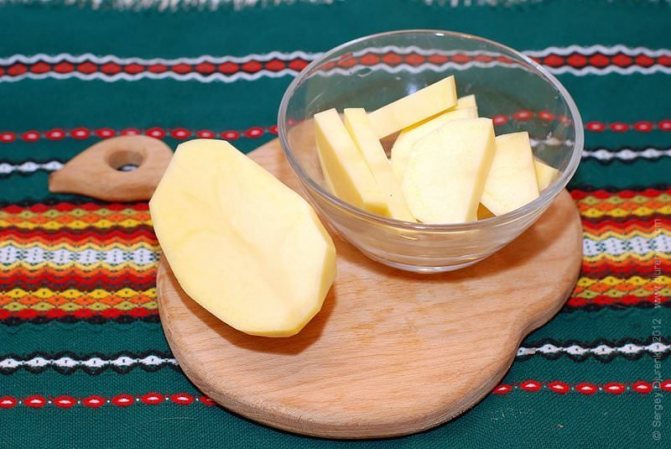
Potato suppositories relieve spasms and provide tissue regeneration.
No less effective recipes:
- Potato candles. Take a potato, peel it and cut it into a candle shape. Lubricate the surface with Vaseline and insert it inside.
- Candles made of thick candied honey. The action is aimed at relieving pain and inflammation. Candles can only be used if there are no allergic reactions to honey.
- Onion-based ointment. Pass the onion through a meat grinder and mix with vegetable oil and beeswax. With the help of ointment, external inflamed nodes are cured.
- Ointment based on medicinal fume. Mix with Vaseline or butter and apply to the anus.
- Enemas. Pharmaceutical chamomile is used. To prepare, take two tablespoons of chamomile flowers and pour boiling water over it. Infuse the folk medicine for 6 hours. After cooling, strain. You can also prepare enemas based on wormwood, beets, horse chestnut, sage, etc.

Chamomile enema is perfect for relieving inflammation of hemorrhoids
Providing first aid for exacerbation of hemorrhoids at home
If the patient has a chronic picture of the disease, then an exacerbation can be caused by the following factors:
- Sudden or too intense physical activity.
- Disorders of the gastrointestinal tract (gastrointestinal tract).
- Uncontrolled alcohol consumption.
- Sedentary lifestyle.
- Unhealthy eating.
It is worth noting that even one of these factors can be fatal, therefore, it is hardly possible for an ordinary person to eliminate all of them from his life.
Therefore, everyone who has been exposed to an awkward illness should know how to behave if the disease progresses to an acute stage.
To begin with, inflamed hemorrhoids should be rinsed with cool water, because... Coolness naturally relieves pain, and also helps to constrict blood vessels and normalize pelvic blood flow, which generally improves the overall picture of the patient.
Next, lie on your back - this will reduce blood flow to the hemorrhoidal veins. And as a third step, you can start using medications. Next, we’ll figure out how to relieve inflammation of hemorrhoids.
Best of all, hemorrhoids that are inflamed are treated with local anesthetics.
These include a wide range of medications that are different in their pharmacological factors, namely ointments and gels or suppositories.
First, let's focus on the first group of drugs. They should be used for external hemorrhoids
Relief comes very quickly, which is why there are quite a lot of adherents of this treatment. At the moment, the most popular among external use products are:
- Relief gel has no contraindications even during pregnancy. Significantly minimizes pain, stops bleeding and relieves inflammation of the hemorrhoid;
- Heparin ointment is effective even in the treatment of injured nodes. It relieves pain well, but does not cope with bleeding.
- Levomekol - relieves inflammatory processes and has no contraindications.
- Fleming's ointment - effectively relieves pain, itching and burning. Not contraindicated for nursing mothers and pregnant women.
To eliminate the symptoms of internal hemorrhoids, it is recommended to use suppositories. Often medications made in the form of a suppository have a natural plant base.
The most common ones are below:
- Candles with extracts and oils of sea buckthorn, belladonna, chamomile.
- Proctoglivanol is a pharmaceutical product that relieves pain very well.
- Anestezol is almost a panacea, relieves pain, stops bleeding, relieves inflammation and even acts as a mild laxative.
- Relief suppositories are a broad-spectrum remedy for acute hemorrhoids and have the fewest contraindications.
In addition, there are also pills that help against hemorrhoids. As a rule, they are prescribed as a complex drug that eliminates not only the symptoms, but also the cause.
Moreover, some remedies can act as painkillers if an exacerbation of the disease overtook you outside of your home and you are unable to apply other procedures.
The most famous such drugs are Detralex, Phlebodia, Venarus. It is worth noting that their use has a positive effect on the general condition of the patient.
After reading and considering the information provided above, always remember that there is enough advice and commentary on the World Wide Web regarding any ailment, and hemorrhoids are no exception.
Therefore, we recommend that you do not self-medicate as much as possible, because... Any pharmaceutical or folk remedy may have certain side effects, and there are also certain contraindications.
The most complete answer to the question - how to overcome hemorrhoids that are inflamed, can only be given by your attending physician or a proctologist.
Based on tests and your pathological picture, they will be able to determine the most optimal period and course of treatment, which in turn can last up to 3 months for the chronic course of the disease, and up to 7 days for the acute form.
Do not delay treatment, because... According to preliminary estimates, 79% of cases of advanced disease lead to cancerous tumors in the rectum.
Causes of inflammation
- Frequent consumption of spicy and spicy foods. Leads to irritation in the rectal area.
- When lifting weights and excessive physical activity, intrauterine pressure increases, which provokes an inflammatory process.
- In representatives of the fairer sex, an exacerbation of the disease can be observed during pregnancy and childbirth. With constipation, pressure in the rectal area increases, which contributes to the enlargement of hemorrhoids.
- When sitting for a long time, muscles relax and the natural support of hemorrhoids weakens, which contributes to their loss.
- Sedentary lifestyle.
Causes of hemorrhoids
- Constipation. It affects the fact that pressure in the rectum begins to increase, and blood flows abundantly to the hemorrhoids. The consequences of this are an increase in nodes and their loss.
- "Interesting situation." The abdominal cavity cannot withstand the increased pressure caused by pregnancy and childbirth.
- Long sitting. If for some reason a person is forced to spend a lot of time sitting, then the muscles located in the perineum will relax. But they are the ones that support hemorrhoids.
- The person moves little. In this situation, the blood flowing to the pelvis stagnates.
- The most well-known causes of inflammation of hemorrhoids are drunkenness and love of spicy food. Alcohol affects the speed of blood flow, especially to the anus. Chronic abuse may cause bleeding.
- Spicy. Variety in food is good, but if you eat food seasoned with hot and spicy spices too often, irritation will appear in the anal area.
- Things are too heavy. If a person constantly carries something heavy, applies strong loads to himself, then again the pressure increases, as a result of which there is a risk of knots falling out.
- The last reason is hereditary predisposition.
The doctor will be able to see the symptoms of hemorrhoids even without additional tests. The mucous membrane is examined, but mainly to make sure there is no cancer.
Symptoms
- Inflamed nodes swell and fall out if not treated promptly.
- The appearance of discomfort and pain.
- During the inflammatory process, burning and pain in the rectal area intensifies.
- After bowel movement, pain appears, a feeling of the presence of a foreign object in the anal area.
- Hemorrhoidal bumps increase in size and become swollen.
- There will be blood clots in the stool. With severe inflammation, bleeding is observed during bowel movements.
The attending physician can draw conclusions about inflammation of the node after an examination: this is indicated by an increase in hemorrhoids. The cones themselves are characterized by a bluish color. The hemorrhoid is overly stretched. During palpation, the pain intensifies.
The surface of the cone may be characterized by the presence of cracks. Lymph and blood are released through them.
How to treat inflammation of hemorrhoids
It is worth understanding that the treatment of hemorrhoids depends on its stage.
In acute cases, local and general painkillers and anti-inflammatory drugs are used. It is recommended to use cleansing enemas, ointment applications, as well as phlebotonic agents. This drug also helps with chronic hemorrhoids, because it increases vascular tone. There are several similar medications, but Detralex works best.
If the pain is severe, the doctor prescribes analgesics, for example, Nise or Voltaren. Combination medications are also often prescribed - Ultraproct and others. The doctor determines the development of the disease, and then, based on this, decides how to cure inflammation of hemorrhoids. First of all, he observes whether the inflammation has spread to the tissues that surround the node. If this is the case, he advises the patient to use Vishnevsky’s anti-inflammatory ointment or Levomekol.
When bleeding occurs, suppositories with adrenaline and hemostatics like Androxon are purchased.
However, you must understand that such treatment will only help for a short time, relieving inflammation. Most often, the only way to treat inflammation of hemorrhoids is surgery, especially in the last stages of the disease. The surgeon will excise the hemorrhoids and stitch their stems, i.e. feeding vessels. After the operation, the patient remains under the supervision of doctors depending on his condition, but not less than a week. However, the patient will not be able to work for about 2 weeks. There are known cases when a person, after the operation, experiences pain and discomfort in the anus, and the scar may fester. After some time, the disease may return.
How to understand that hemorrhoids are inflamed
What to do? How to calm down? With such questions, people turn to doctors or try to cope with the problem on their own, looking for the necessary information on the Internet. Let's consider the main symptoms that inflammatory processes have occurred in the hemorrhoids:
- Intestinal prolapse occurred. Sometimes this can be seen even with the naked eye.
- In the anus, severe pain is constantly felt, as well as itching and burning.
- The occurrence of swelling and hyperemia.
- When you go to the toilet “in a big way,” you may notice small particles of blood in the stool.
If hemorrhoids are severely inflamed, there is no need to put off going to a specialist and start treatment on your own. This can only worsen your disease, because it can lead to such dangerous complications as thrombosis, abscess or paraproctitis. This is not the entire list of complications that inflammatory processes can lead to. A severely advanced form of the pathology can cause death. Therefore, doctors never tire of repeating that a very dangerous condition is when hemorrhoids become very inflamed. What to do to improve the condition? Definitely go to the hospital. Only an experienced and qualified doctor will be able to choose the most optimal treatment for you, taking into account the individual characteristics of your body.
Relieving inflammation
Treatment of hemorrhoids involves the use of local drugs - various ointments and suppositories. This ensures the fastest and most effective effect on hemorrhoids. Most anti-inflammatory drugs also have an analgesic effect.
An inflamed external hemorrhoid can be reduced and its painful symptoms can be relieved with the help of ointments. All ointments with an anti-inflammatory effect have different durations of action - those that quickly relieve inflammation, drugs with a slow effect and drugs with a cumulative effect. Without a doubt, the patient wants to know how to quickly relieve pain, but only the attending proctologist will help you choose the right ointment, based on the stage of the disease and the general condition of the patient.
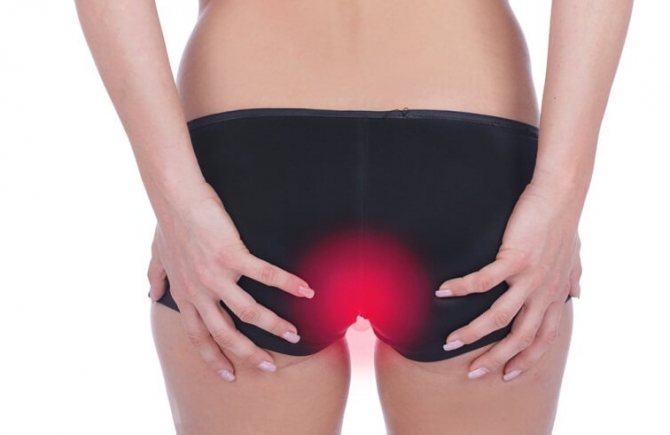
Rectal suppositories, used for inflammation of internal and external nodes, are the most common dosage form. Not all rectal suppositories, even if they have an anti-inflammatory effect, have the same spectrum of effects. To make the right choice and choose a really good drug, you need to consult a proctologist.
Rectal suppositories help to quickly stop the inflammatory process, stop bleeding and relieve pain. They must be used in strict compliance with the doctor's instructions. The most popular drugs are Anestezol and Relief.
Tablets for hemorrhoids are used very rarely, although this dosage form helps relieve inflammation, soothe pain, stop bleeding and improve the general condition of the patient. In most cases, the attending physician prescribes antibiotic tablets. It is necessary to take them in order to prevent the development of possible complications. The main drugs in tablet form used to treat hemorrhoids are Phlebodia, Detralex.
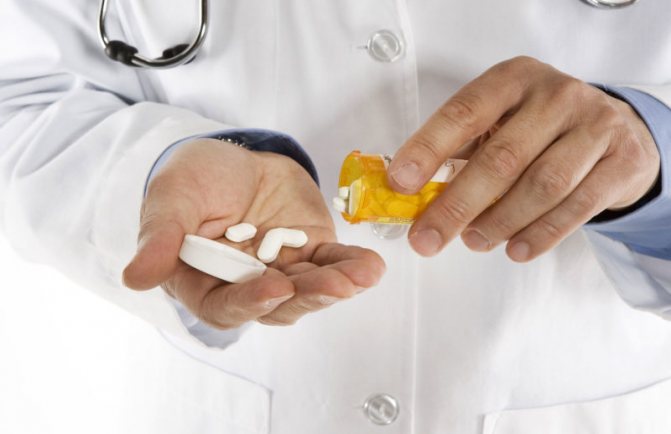
Symptoms of inflammation of hemorrhoids can be so severe that standard anti-inflammatory drugs do not have the desired effect. In such cases, a blockade is used. Injections of strong anti-inflammatory drugs are given into the skin near the anus. What exactly means can be used for blockade during inflammation of hemorrhoids is decided only by the attending physician.
Treatment of inflammation of hemorrhoids
When answering the question of how to relieve inflammation of hemorrhoids at home, it is necessary to remember the possibility of using NSAIDs (non-steroidal anti-inflammatory drugs), painkillers and local healing drugs, and folk methods. If the above methods are ineffective, minimally invasive or radical surgery is prescribed.
Anti-inflammatory drugs
The following forms of anti-inflammatory drugs are used in the treatment of hemorrhoids:
- Tablets (Diclofenac, Nimesil, Ibuprofen). Eliminate signs of inflammation, relieve pain and swelling, and normalize the general condition of the body.
- Suppositories (Procto-glivenol, Relief, Natalsid). The anti-inflammatory effect is achieved by strengthening the walls of blood vessels, eliminating blood stagnation, and restoring microcirculation. The active substances of the drugs suppress the activity of inflammatory mediators.
- Ointments. Aurobin is a hormonal anti-inflammatory agent that quickly eliminates the signs of hemorrhoids. Proctosan has a decongestant, healing and analgesic effect.
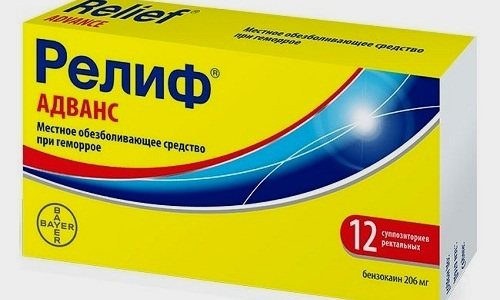
Anti-inflammatory suppositories Relief are used in the treatment of hemorrhoids. They strengthen the walls of blood vessels, eliminate blood stagnation, and restore microcirculation. The active substances of the drugs suppress the activity of inflammatory mediators.
Folk remedies
To treat inflammation in internal and external hemorrhoids, the following alternative medicines are used:
- steam baths with onion broth. 200 ml of milk is poured into a thick-walled clay pot, 4 medium onions are added. The product is simmered over low heat for 30 minutes, cooled to a comfortable temperature. The resulting liquid is poured into a basin and sat over it for at least 10 minutes;
- candle made from raw potatoes. The vegetable is peeled and thoroughly washed, after which a figure resembling a candle is cut out. Introduce it overnight, after lubricating it with vegetable oil. Course of treatment – 7 days;
- lotions with chamomile infusion. 1 tbsp. l. herbs are poured into 200 ml of boiling water and left for 30 minutes. The finished broth is filtered and cooled. Keep the lotion for at least an hour. The procedure can be performed an unlimited number of times. Course of treatment – 2 months;
- Ichthyol. This remedy is used to treat inflamed skin of the anus once a day.
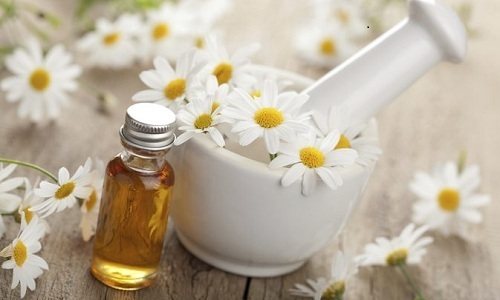
Alternative medicine is used to treat inflammation in internal and external hemorrhoids. For example, lotions can be made from chamomile decoction.
Radical treatment methods
Surgical interventions are used in the later stages of the disease. The following methods exist:
- Hemorrhoidectomy is the removal of dilated areas of blood vessels through the anus. During the operation, the node is clamped and cut off. The vessel is stitched with catgut thread, after which a suture is placed on the wound. The operation can be completed with complete or partial suturing.
- Hemorrhoidopexy – tightening of nodes to the intestinal wall. Part of the rectal mucosa is removed using a circular stapler. The wound formed after tissue excision is tightened with metal staples; the tension of the intestinal wall contributes to the disruption of the blood supply to the hemorrhoids. The operation is performed only after preliminary anti-inflammatory therapy.
Symptoms of the disease
Hemorrhoids during an exacerbation give very painful symptoms. Why hemorrhoids become inflamed is very clear. Weakness of the venous vessel that runs in the rectum is provoked by factors such as poor diet, lack of physical activity, or, conversely, excessive stress associated with lifting a heavy load. Genetic predisposition also plays an important role.
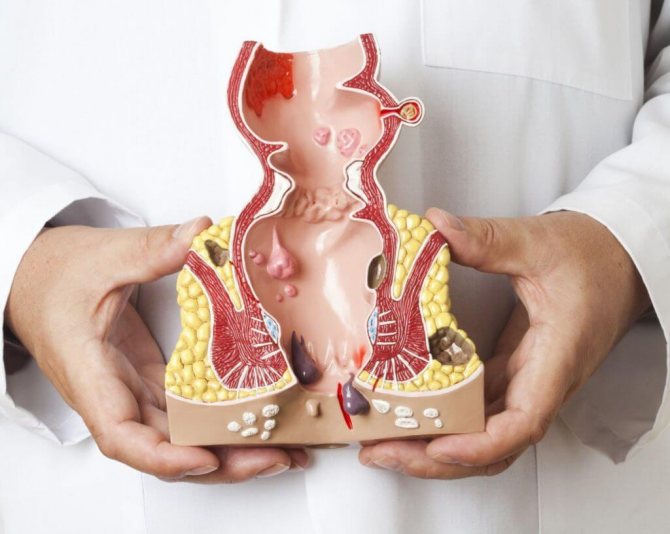
When hemorrhoids appear for the first time, and a person successfully relieves its symptoms with the help of suppositories and painkillers. At the same time, there is an erroneous opinion that the disease has receded. But that's not true. As soon as you are a little lazy, eat too much spicy food, drink alcoholic beverages or lift a sharply heavy load, inflammation of the hemorrhoid appears.
Signs of exacerbation of hemorrhoids are difficult to confuse with other diseases:
- The pain syndrome can be so severe that it is physically very difficult to bear. The pain intensifies with prolonged sitting or after going to the toilet. This is the main sign of exacerbation of hemorrhoids. Bleeding from the anus may appear only after defecation or be always present, depending on the stage of development of the disease.
- Patients have a constant feeling that they need to go to the toilet. My stomach feels like it's bursting from the inside. Inflammation of the external nodes is accompanied by swelling and they become blue. When you try to touch the nodes, severe pain occurs. When hemorrhoids become inflamed, the symptoms cannot be confused with anything, and a painful attack makes a person want to stop this torment at any cost. Many go to the doctor and resort to conservative traditional therapy, others use traditional medicine.
Treatment of hemorrhoids requires an integrated approach, but it is worth remembering that before resorting to traditional medicine recipes or medications, it is imperative to visit a proctologist. Only a doctor can say how severe the exacerbation is, because in advanced cases, effective therapy only involves surgery.
Conservative treatment methods
Once again, it is worth saying that treatment should be prescribed by an experienced doctor, taking into account the individual characteristics of your body. Most often, doctors prescribe medications to their patients that have a local effect. This may include the use of various suppositories and ointments. This is how you can achieve the fastest possible effect on inflamed hemorrhoids. On the pharmaceutical market you can find a huge number of drugs that not only perfectly eliminate inflammatory processes, but also relieve the victim of pain in a short time.
But ointments are usually prescribed by doctors in cases where external hemorrhoids are inflamed (an experienced health worker will tell you what to do in the presence of such a phenomenon). Preparations in the form of ointments can have different effects. Some of them have a quick effect. Others, on the contrary, are slow. There are also medications that have a cumulative effect. Of course, every patient dreams of how to eliminate pain much faster. But in addition to this, you need to choose a medicine that can cope well with the inflammatory processes that have arisen.
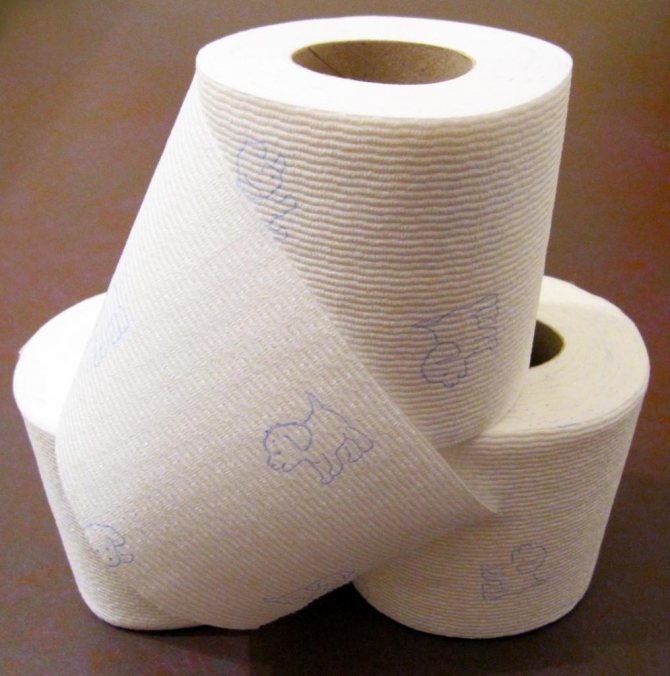
However, most often doctors prescribe drugs to their patients in the form of suppositories. It is worth considering that they can have different effects on the body, so before using them, be sure to read the instructions and strictly follow the doctor’s recommendations. Most often, doctors prescribe medications to their patients such as Relief and Anestezol. These suppositories are time-tested medicines. They give a truly wonderful healing effect, which is why they are so popular.
If hemorrhoids become inflamed, treatment is selected on an individual basis. Doctors do not prescribe medications in the form of tablets for oral use very often. Only in cases where the disease has already begun to actively progress, and there is a possibility that it can lead to dangerous complications. With the help of tablets, you can also relieve pain and eliminate inflammatory processes. A doctor may prescribe oral antibiotics to his patient to minimize the risk of possible complications. Such drugs as Detralex and Phlebodia have proven themselves to be effective.
However, sometimes the condition is extremely critical when hemorrhoids become inflamed. How to treat the pathology in this case? If there are severe complications, your doctor may prescribe you to undergo a course of treatment with injectable medications. The method of such treatment is called blockade.
Causes of the inflammatory process
Hemorrhoids become inflamed under the influence of internal and external causes related to the individual characteristics of the body, concomitant diseases, as well as lifestyle and diet. The formation of nodules can be caused by provoking factors during the period of exacerbation of the initial or chronic form.
The main causes of inflammation of hemorrhoids are:
- problems with bowel movements of a chronic nature;
- diseases of the vascular system;
- pathologies of the gastrointestinal tract;
- increased intra-abdominal pressure;
- period of pregnancy, labor in women;
- regular consumption of unhealthy foods and alcohol;
- failure to comply with the rules of personal hygiene of the anus;
- passive lifestyle;
- sedentary work;
- lifting large objects.
Constant constipation provokes tension in the venous vessels of the anus, irritation, and damage to the anal sphincter of the rectum. With diseases of the vascular system, there is a weakening of tone and disruption of the blood circulation of the pelvic organ.
Inflow to the anus leads to venous stasis, a collection that gradually increases in size. Lifting large loads and regularly performing physical work are the causes of increased intra-abdominal pressure, leading to inflammation of the internal and external hemorrhoids.
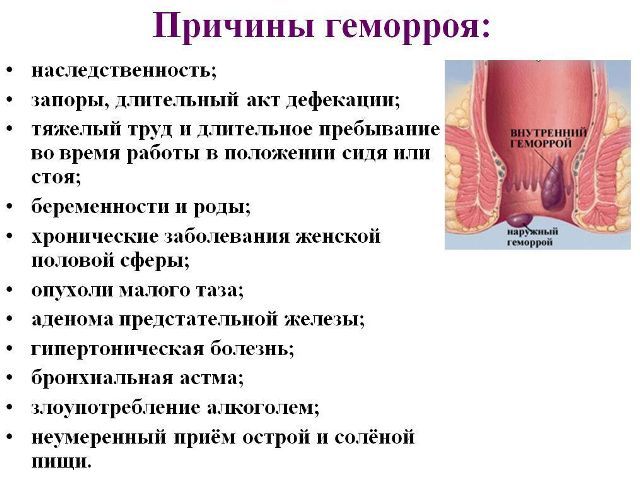
During pregnancy, the uterus increases in size, the fetus puts pressure on the abdominal cavity, small pelvis, which leads to disruption of the natural functioning of blood circulation. During labor, a woman tenses, resulting in an inflammatory process in the anus. Common causes of hemorrhoids are the consumption of alcohol, unhealthy foods, which contribute to irritation of the mucous membrane, and disruption of intestinal motility. With little activity and sedentary work, weakening and loss of tone of the muscles of the pelvic organ occur.
